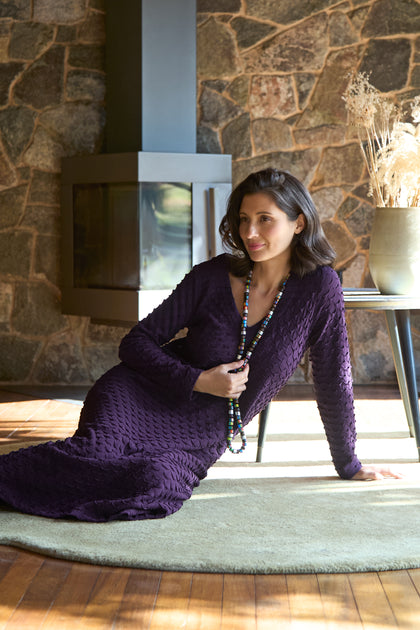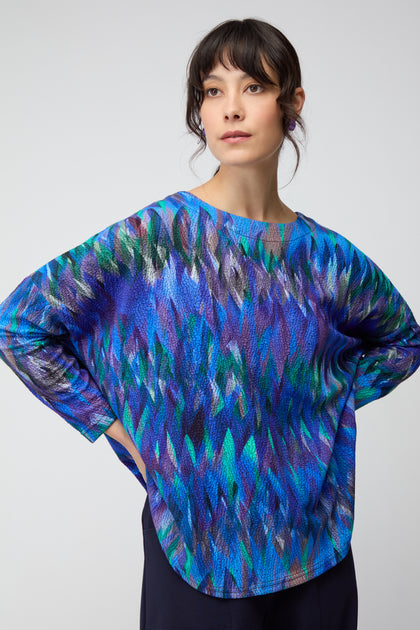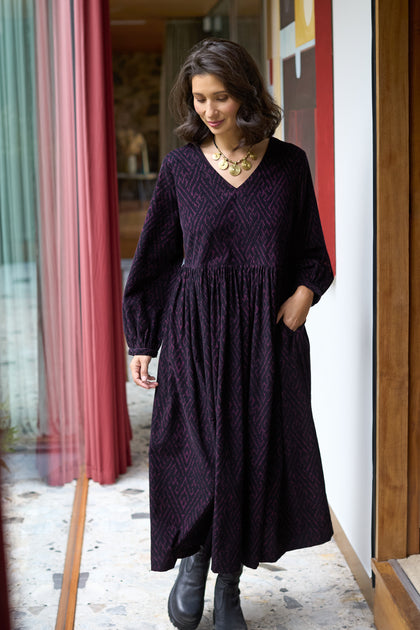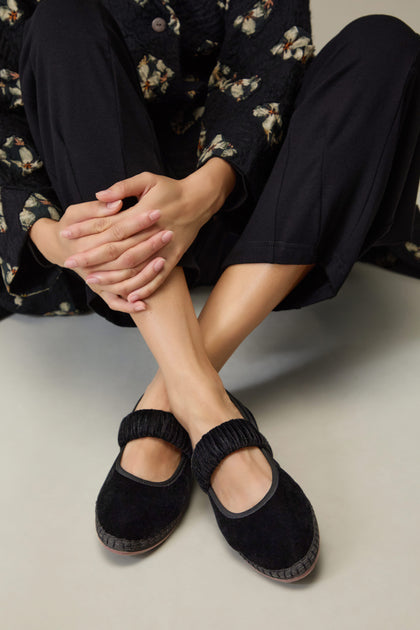Art & Literature
The Art Of Ceramics | Meet The Makers
Article By Sahara .
Mar 27, 2020
Pottery is an ancient art form that goes beyond the ornamental and into the every day. With its methodical and detailed approach to sculpture, pottery is a wonderful mindfulness activity. With the abundance of time at home we all face in the current circumstances, it’s the perfect time to spark the inspiration for a new hobby. Whether it is ceramics, knitting, painting or any number of others, take the opportunity to delve into your creativity.
Turning Earth is an open-access pottery studio based in East London, offering both classes and membership across two locations, with a vision to cultivate this craft as both an accessible hobby and viable career. We speak to Sara Fonfria and Sam Marks, two potters based at Turning Earth, to find out more about their signature ceramic styles, the art of wheel throwing and the therapeutic benefits of pottery.

Firstly, can you tell us how you first fell in love with pottery?
Sara: A friend took me to a pottery class about three years ago. I immediately fell in love with it and it was then that I knew that I wanted to pursue a career in ceramics. Growing up, I never had any contact with clay or the world of ceramics, so it’s all come to me over these last few years that I’ve been making pottery.
Sam: My earliest memories of clay were being in my mother’s studio – she was a potter and sculptress until I was about 11 years old. I started working with clay about three and a half years ago, having previously studied Industrial Design. I spent a day in a family friend’s studio and completely fell in love with the material and the process.
Are you inspired by other ceramic artists or by elements completely disconnected?
Sara: My work is very much inspired by Asian ceramics, especially Korean. I am very much drawn towards the celadons and the calmness of their pieces and their makers.
Sam: My work is inspired by nature, specifically coastal landscapes and materials e.g. pebbles.
Has your style evolved over time and have you made learnings through making mistakes?
Sara: My pots are usually made with a huge attention to detail, yet with a simple look and functionality always in mind. Mistakes are a crucial part of learning a craft and often the only way to do so. They’ve allowed me to understand how pottery really works – yet I would say that it has been accidents which have turned out for the better that have given way to an evolution in the aesthetics of my work, rather than actual mistakes in the process.
Sam: Highlighting the materials’ natural colours, using minimal and neutral glazes predominantly as a functional application rather than decorative. My signature design is my attempt to capture the essence of a grey beach pebble with a quartz vein running through it. It was very intentional but took a great deal of experimenting to create the technique I use to achieve this.
What advice do you have for first-time potters?
Sara: Keep practising. Pottery can be a hard skill to learn at first and a lot of people can feel disappointed and frustrated with it, which leads them to quit after a while. I’d say, if this is what you really want to do, don’t give up and keep practising. Then, sooner than you expect it, it will all start to make sense.
Sam: It’s a classic, I know, but practise, practise, practise. I waited a long time (over a year) before I started to fire my pots in a kiln. Learning to let go, cut pots in half, analysing your progress and learning from mistakes.
Tell us the biggest challenges and highs of working with ceramics?
Sara: There is a lot of frustration, disappointment and self-doubt that comes with pottery and overcoming all those negative feelings is a challenge! However, nothing beats the feeling of achievement and ability that also comes with it. I guess it is all part of the process.
Sam:The emotional highs and lows. We are artists/makers/creators who have to expose ourselves to the world of retail and commercialism. Knockbacks can be painful but are also great to learn from. Also, we are not just makers. We have to be good at marketing, photography, styling, e-commerce, packaging and logistics etc. Most other businesses would employ people to handle these areas, sadly the income we make does not support this!

Artists tend to work alone, is this the case for you and do you feel that pottery can be a mindful experience?
Sara: For the past couple of years, I produced all of my work at home on my own. Now that I am part of a member’s studio, where I work surrounded by other potters, I am able to see the full benefits of both working alongside others and how the feeling of loneliness lessens as well as practising it alone. However, I think that pottery, and crafts in general, are a lonely activity and ultimately, what one wants is to quieten all outer and inner noise and be left alone with the work, in pure isolation.
Sam: I originally worked from home on my own. Moving into Turning Earth and being surrounded by others changed a lot for me. It exposed me to other makers with varied backgrounds and experiences. It has encouraged me to strive forward and instilled a confidence that I can survive as a maker in this industry.
It’s been suggested that pottery can help those with depression. Do you see individuals coming to Turning Earth to seek mindfulness, a hobby or in seek of a new career?
Sam: I can be perfectly honest here and tell you that I myself suffer from depression. Working with clay is an extremely tactile, sensual and mindful experience for most. As a hobby, I personally find it extremely grounding and almost meditative, so would recommend it to anyone with depression or stressful lifestyles as it can be very transformative. However, I would add that when you are doing it as your profession, like with any job, there are stresses and challenges – not all is soothing! But I count myself very lucky to work with such a wonderful material and craft every day.

Do you find the results of your craft depending on your mood or external influences?
Sara: Yes, very much. The energy that you put into your work is a deciding element of how your work will look like. This energy is often ruled by how you feel within which, at the same time, can be impacted by external influences. I have always found that a calm attitude and a peaceful mind gets me best results.
Sam: Absolutely depends on my mood. I think we are all affected, no matter what we do, by our mood. I really try not to pay too much attention to external influences and focus more on what I want to create. However, we cannot avoid being subtly influenced by our peers, surroundings and trends.

Discover Sara Fonfria’s collection of ceramics here:
https://www.sarafonfriaceramics.com/
https://www.sarafonfriaceramics.com/
Discover Sam Marks’ collection of ceramics here:




